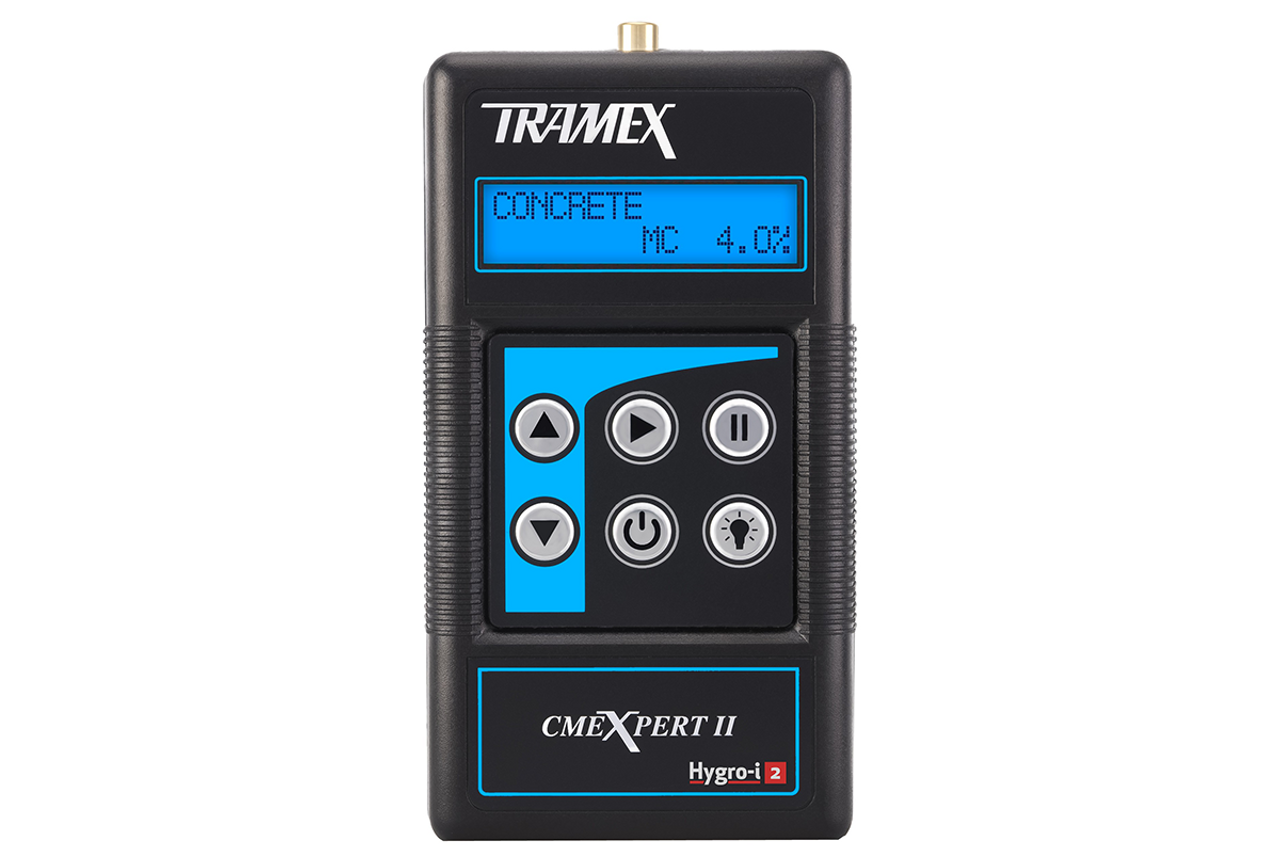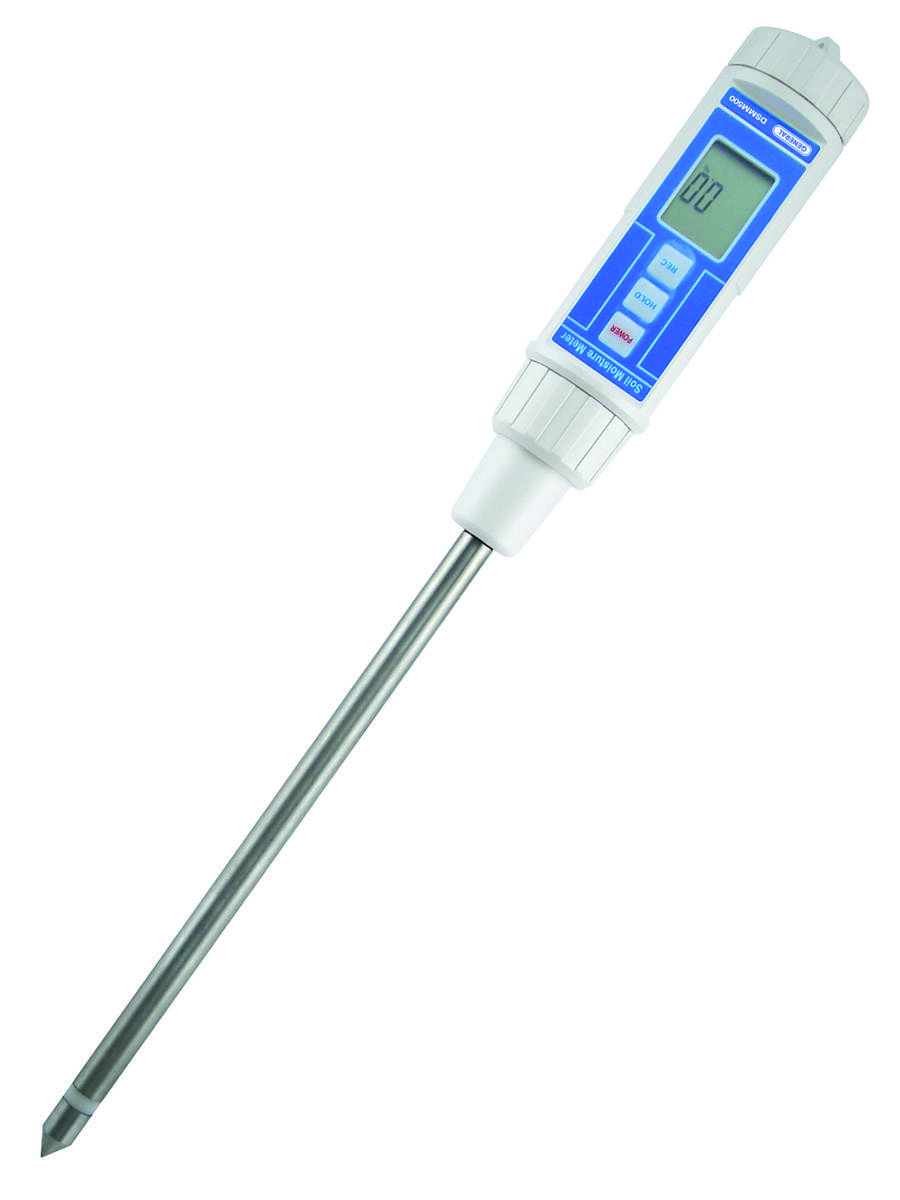The Ultimate Overview to Moisture Meters: A Comprehensive Overview and Just How They Can Save You Cash
In the world of building upkeep, building and construction, and different sectors, the relevance of accurately gauging moisture degrees can not be overemphasized. Moisture meters act as essential tools in finding and checking moisture content in materials, assisting in protecting against costly damages and ensuring the quality of items. Comprehending the nuances of different kinds of wetness meters, their applications, and the possible cost-saving benefits they use can be a game-changer for experts and businesses alike. Finding exactly how these devices can not just enhance processes however also contribute to financial savings is a journey worth starting.
Kinds of Moisture Meters
One typical kind is the pin-type moisture meter, which gauges the electrical resistance in between two pins inserted into a material. Pinless dampness meters, on the various other hand, use electro-magnetic sensor plates to check a bigger area without triggering damage to the material's surface.
Infrared wetness meters measure the thermal properties of a product to identify its dampness content non-invasively, making them valuable for applications where pin or pinless meters might not be appropriate. Recognizing the various kinds of moisture meters offered can aid industries choose the most appropriate device for their certain moisture dimension requirements.

Advantages of Making Use Of Moisture Meters

Additionally, utilizing moisture meters can cause raised power efficiency. By recognizing areas with high moisture degrees, such as leakages or bad insulation, adjustments can be made to enhance power conservation and reduce energy costs. In farming setups, dampness meters play an essential role in optimizing plant returns by enabling farmers to check dirt moisture levels and make educated watering choices. Generally, the advantages of using wetness meters cover throughout different industries, giving cost-effective solutions and advertising better quality control practices.
How to Pick the Right Moisture Meter
Selecting the suitable moisture meter includes thinking about key elements such as product compatibility, measurement array, and calibration precision. When selecting a dampness meter, it's important to make certain that the meter appropriates for the specific material you will be testing. Different materials have differing electrical properties that can influence dampness readings, so choosing a meter designed for your product is crucial for exact results. Additionally, think about the dimension series of the moisture meter. Ensure that the meter can identify wetness degrees within the variety required for your applications. Calibration precision is one more critical aspect to bear in mind (Moisture Meter). Choose a wetness meter with reliable calibration to guarantee specific and consistent analyses. Some meters might require regular calibration changes, so recognizing the calibration procedure is essential. By meticulously evaluating these variables, you can pick a dampness meter that meets your requirements and gives exact dampness dimensions for your tasks.
Proper Strategies for Moisture Meter Use
To make sure accurate moisture readings and optimize the efficiency of a moisture meter, utilizing appropriate strategies is crucial. When utilizing a pin-type dampness meter, insert the pins or probes right into the product being evaluated up until they make full call. By adhering to these appropriate strategies, users can count on their wetness meter to give trustworthy moisture degrees, aiding in preventing costly damages or making certain quality in numerous applications.

Price Savings Through Moisture Meter Applications
Exactly how can the critical application of wetness meters lead to substantial price financial savings across different sectors? In the agriculture market, moisture meters aid in figuring out the optimal time for collecting crops, preventing over-drying or excess moisture that can influence the final item's high quality.

Moreover, in the food processing industry, dampness meters are crucial for checking product quality and making sure compliance with safety and security policies. By properly measuring wetness material in food, producers can stop spoilage, preserve freshness, and decrease waste, causing considerable price financial savings. Overall, the tactical application of moisture meters is a useful investment that can bring about substantial expense reductions and boosted efficiency throughout numerous sectors.
Conclusion
Finally, dampness meters are valuable devices for detecting and measuring wetness levels in various materials. By utilizing the ideal wetness meter and complying with proper strategies, customers can effectively prevent pricey problems triggered by excess moisture. Purchasing a quality wetness meter can bring about substantial expense savings in the long run by identifying prospective issues beforehand and making it possible for timely remediation. Eventually, wetness meters are important instruments for keeping the integrity and longevity of materials and frameworks.
Wetness meters serve as vital tools in finding and keeping an eye on moisture content in materials, aiding in protecting against costly damages and making sure the high quality of products. Infrared moisture meters measure the thermal buildings of a product to identify its wetness web content non-invasively, making them beneficial for applications where pin or pinless meters might not be appropriate.Moisture meters provide important advantages in accurately anonymous monitoring and analyzing wetness levels in diverse products and environments. In farming setups, dampness meters play an essential role in optimizing crop returns by allowing farmers to monitor dirt wetness levels and make informed irrigation decisions.In conclusion, moisture meters are beneficial tools for measuring and detecting moisture degrees in various products.